Prayers for Dark People is a collection of 71 prayers written over the course of approximately two years, from 1909-1910 while W.E.B. Du Bois was teaching at Atlanta University, where he was asked to regularly lead the community of primary and secondary school students in prayer. And while some scholars like to look at this text as a purely political, pragmatic effort, we can also learn a lot about Du Bois' relationship to the divine through how he prays (and teaches others to pray). Nearly half a century later, Du Bois’s almost-contemporary, the famous Civil Rights leader Rabbi Abraham Joshua Heschel, would describe prayer as a specific way of knowing and questioning. While there is scant evidence of any significant relationship between Heschel and Du Bois, there are important similarities between how the two write about the importance of prayer as a method for identifying and grappling with uncertainty and complexities. Creating this type of relationship of our own between these activist intellectuals can help us understand the role we want prayer to play in our own personal and communal quests for a more just, peaceful world.
Becca Leviss is a current candidate for a Masters in Theological Studies at Harvard Divinity School, where she explores the intersection of religion, ethics, and politics, especially in community building and civic engagement work. Her current studies focus on the ongoing relationships between Black and Jewish scholarship and activism, and how those insights can inform critical frameworks for imagining a future for Jewish identity and a pluralistic democracy. She spent her past summer with Mormon Women for Ethical Government (MWEG) investigating how their model of faith-based organizing teaches and encourages civic empowerment and engagement while countering ideological extremism. Prior to her time at Harvard, Becca helped build the fundraising team at Protect Democracy – a leading nonprofit in the US democracy movement – where she managed institutional giving and major gifts.

